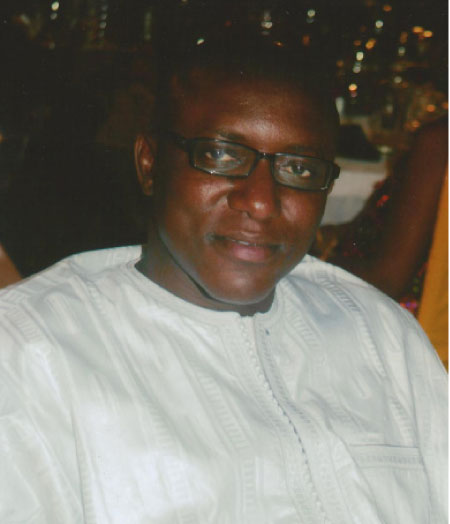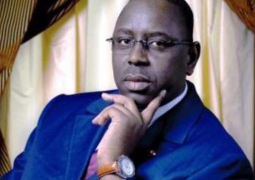
The Gambia Ports Authority (GPA) has responded to concerns by the citizenry over the state of the country’s ferry services, especially between
During a stroll on Friday at the Banjul ferry terminal, where work is fast progressing on the construction of the new landing site for the new ferry and the dredging of the river, Abdoulie Tambedou, Managing Director of the GPA, flanked by other senior GPA officials and contractor Ousman Sowe of Sincospa company, explained to The Point the problems regarding the ferries, and what is being done to solve them.
Problems
“The main problem with the ferries is that the number of ferries we have is much less than the demand that we have at the moment.
“Currently, we have old ferries, and the new ferry from
“But because of the lack of adequate shipyard facilities, we do some scraping on the beach, replace the machines and move on,” he stated.
According to Tambedou, currently Sincospa, a Senegalese company, is dredging
Low speed of ferries
“The reason for the low speed of the ferries has to do with the body of the ferries, because they have not gone to the shipyard for maintenance. They have these mangroves and shells on their body, which makes it to slow down,” Tambedou further explained.
However, he noted that once this is scrapped and they have more engines on board, then the ferries will move very fast.
“We do have ferries at times moving 20 or 30 minutes between Banjul and Barra; that has been happening in the very recent past but at times also, because of the winds and the state of the body of the ferries, it can take up to two or three hours,” the GPA boss added.
Spare parts
Noting that the current problems of the ferries has nothing to do with financial constraints, Tambedou told The Point that spare parts for the ferries are not available locally, as they do order them and they are very expensive.
“That is a fact,” he said, adding that the current problems of the movement of the ferries has to do with bringing them up to do the scrapping, and the dredging requirements at both Banjul and Barra.
This, he said, was one of the main reasons why the ferry spent the whole night at Barra last week.
About the new ferries
Concerning the new ferries, Tambedou told The Point that there are two: one deployed in the Banjul-Barra crossing called Aljamdu and the other one at the Trans-Gambia ferry crossing called Kansala.
“We have signed contracts for the landing facilities at both Banjul-Barra and Trans-Gambia. Implementation of both of them have gone very far. For the
According to the GPA boss, currently the contractor is working on the dredging the channel, and
“We have removed most of the sand. Because of the size of the ferries and their design, the current route for both
This, he went on, “is why we are dredging the entrance to both
“
He indicated that once the new ferries are operational, the old ferries will still continue working alongside the new one.
“With that, we shall have adequate time to do the maintenance of the ferries; because, right now, the ferries are working almost 24 hours a day, 365 days in the year,” Tambedou told this paper.


